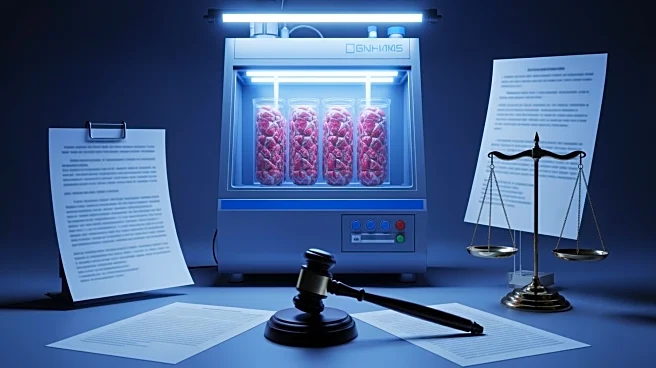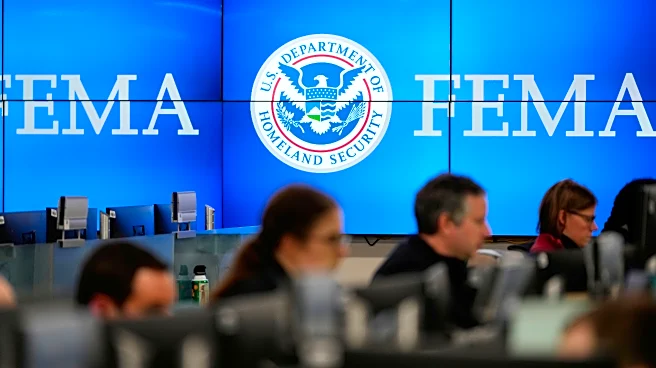What's Happening?
The regulatory landscape for cell-cultured meat in the U.S. is evolving, with several states enacting bans on its sale and production. Texas recently joined states like Florida and Alabama in prohibiting
cell-cultured meat, effective September 1, 2025. These bans are facing legal challenges, such as the lawsuit filed by Upside Foods against Florida's Agriculture Commissioner, contesting the constitutionality of the state's ban. The lawsuit argues that the ban violates the Supremacy Clause and discriminates against out-of-state competitors.
Why It's Important?
The state bans on cell-cultured meat reflect growing concerns about its impact on traditional agriculture and consumer transparency. These legislative actions could significantly affect the industry's growth and market access, prompting legal challenges that may set precedents for future regulations. The outcome of these legal battles could influence how states regulate cell-cultured meat and shape the industry's trajectory. As the regulatory landscape continues to develop, stakeholders must navigate complex legal and market dynamics.
What's Next?
The legal challenge in Florida is set for a bench trial in February 2026, which could have implications for other states considering similar bans. If the challenge is successful, it may pave the way for more states to enact bans without fear of legal repercussions. Additionally, as more states move to restrict or regulate cell-cultured meat, there may be increased pressure on federal agencies to establish clear national guidelines. The ongoing legal and regulatory developments will likely shape the industry's future and consumer acceptance.











